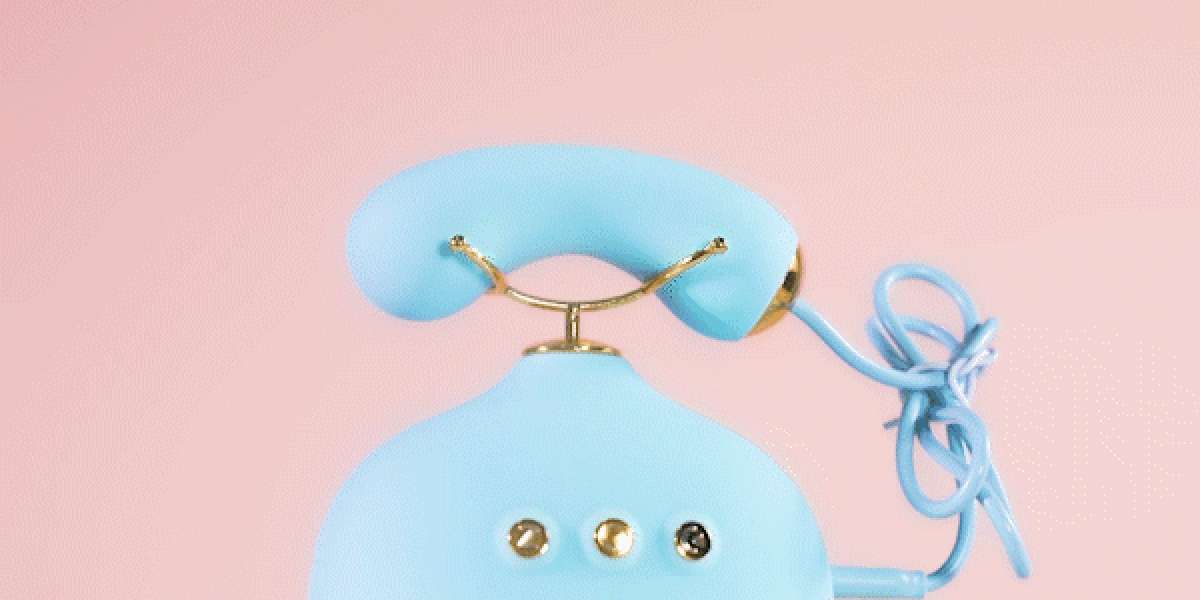Major Depressive Disorder (MDD), often referred to simply as depression, is a severe and persistent mood disorder that affects millions of people worldwide. It can lead to feelings of hopelessness, sadness, and a lack of interest in activities once enjoyed, significantly impacting daily life. Fortunately, major depressive disorder treatment is available and effective. With the right approach, individuals can regain control of their mental health, improve their quality of life, and experience long-term recovery art therapy los angeles.
In this article, we’ll explore the common treatments for MDD, from therapy and medications to lifestyle changes, and how they can support individuals on their healing journey.
What Is Major Depressive Disorder? ?
Major Depressive Disorder is characterized by a persistent feeling of sadness or lack of interest in life, lasting at least two weeks or more. The disorder affects not only mood but also physical and cognitive functioning, often leading to fatigue, difficulty concentrating, and disrupted sleep or appetite patterns. Symptoms can interfere with work, relationships, and overall well-being.
Symptoms of Major Depressive Disorder Include:
- Persistent feelings of sadness, emptiness, or hopelessness.
- Loss of interest or pleasure in activities once enjoyed (anhedonia).
- Significant weight loss or weight gain, or changes in appetite.
- Sleep disturbances, including insomnia or excessive sleeping.
- Fatigue or lack of energy.
- Feelings of guilt, worthlessness, or excessive self-blame.
- Difficulty concentrating or making decisions.
- Thoughts of death or suicide.
Treatment Options for Major Depressive Disorder ?
Fortunately, there are many effective treatments available for Major Depressive Disorder. Treatment plans are often personalized to meet the specific needs of the individual, and they may include therapy, medications, lifestyle changes, or a combination of these approaches.
1. Psychotherapy (Talk Therapy) ?️
Psychotherapy is a primary treatment for MDD and is often used in combination with medications. Talk therapy helps individuals explore their emotions, identify negative thought patterns, and develop coping strategies. Common types of psychotherapy used to treat depression include:
Cognitive Behavioral Therapy (CBT): Focuses on identifying and changing negative thought patterns and behaviors that contribute to depression. CBT has been shown to be particularly effective in treating MDD by helping individuals develop healthier ways of thinking.
Interpersonal Therapy (IPT): Helps individuals address relationship issues, improve communication, and reduce feelings of social isolation, which are often exacerbated in depression.
Psychodynamic Therapy: Explores unconscious thoughts and past experiences that may contribute to current emotional distress. This type of therapy helps individuals gain insight into unresolved issues that affect their mood and behaviors.
Dialectical Behavior Therapy (DBT): Particularly useful for individuals with intense emotions, DBT helps improve emotional regulation, interpersonal effectiveness, and distress tolerance.
2. Medications ?
Medications are often a crucial part of major depressive disorder treatment, especially in moderate to severe cases. The right medication can help rebalance the brain's chemistry and alleviate depressive symptoms. Common classes of medications used to treat MDD include:
Antidepressants: These medications work by altering the balance of certain neurotransmitters (such as serotonin and norepinephrine) in the brain. Popular antidepressants include:
- Selective Serotonin Reuptake Inhibitors (SSRIs): These are commonly prescribed for MDD and include medications like fluoxetine (Prozac) and sertraline (Zoloft). They help increase serotonin levels in the brain, which can improve mood.
- Serotonin-Norepinephrine Reuptake Inhibitors (SNRIs): These medications, like venlafaxine (Effexor), increase both serotonin and norepinephrine levels, which can be helpful for certain types of depression.
- Tricyclic Antidepressants (TCAs) and Monoamine Oxidase Inhibitors (MAOIs): These older classes of antidepressants may be used if other treatments are ineffective, though they come with more side effects.
Atypical Antidepressants: Medications like bupropion (Wellbutrin) may be used if SSRIs or SNRIs are not effective. These medications work by targeting different neurotransmitters to help lift mood.
Mood Stabilizers and Antipsychotics: In some cases of treatment-resistant depression or depression with bipolar features, medications such as lithium or aripiprazole (Abilify) may be prescribed to stabilize mood.
3. Lifestyle Changes ?
In addition to professional treatment, lifestyle changes can play a significant role in managing Major Depressive Disorder and improving overall mental health. Some lifestyle adjustments that can help include:
Exercise ?♀️
Regular physical activity is one of the most effective ways to boost mood and combat depression. Exercise increases the production of endorphins (the body’s natural mood enhancers) and can improve sleep and energy levels.Diet ?
Eating a balanced, nutritious diet can support brain health and energy levels. Omega-3 fatty acids (found in fish like salmon), B vitamins, and vitamin D are particularly important for mood regulation. Avoiding excessive alcohol and caffeine can also help maintain emotional balance.Sleep Hygiene ?
Good sleep is essential for mental health. Establishing a consistent sleep routine, avoiding screens before bed, and creating a calming bedtime environment can help improve the quality of sleep and reduce symptoms of depression.Mindfulness and Meditation ?♂️
Mindfulness-based practices, such as yoga, meditation, and deep breathing exercises, can help manage stress, improve emotional regulation, and create a sense of inner peace.Social Support ?
Reaching out to loved ones and staying connected with a supportive community can help alleviate feelings of loneliness and isolation, which are common in depression.



